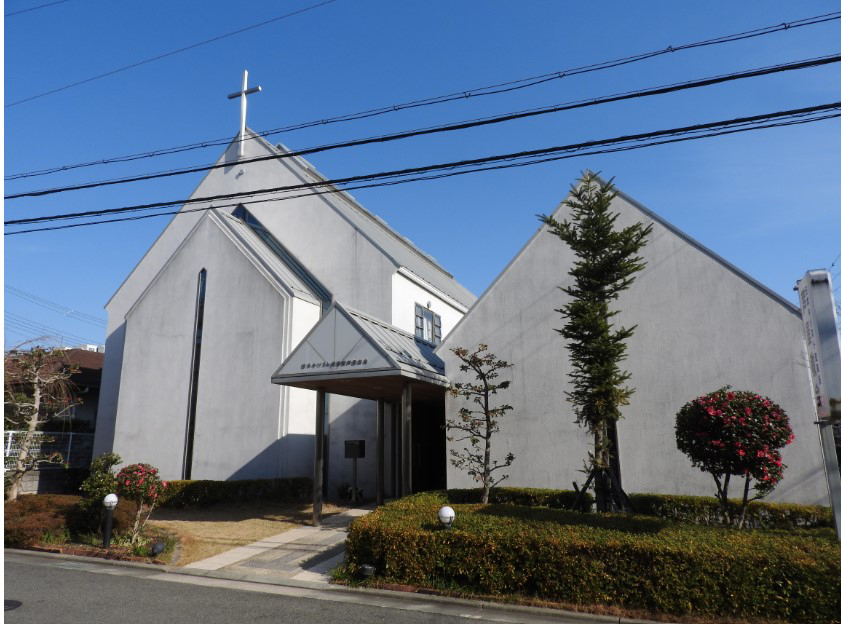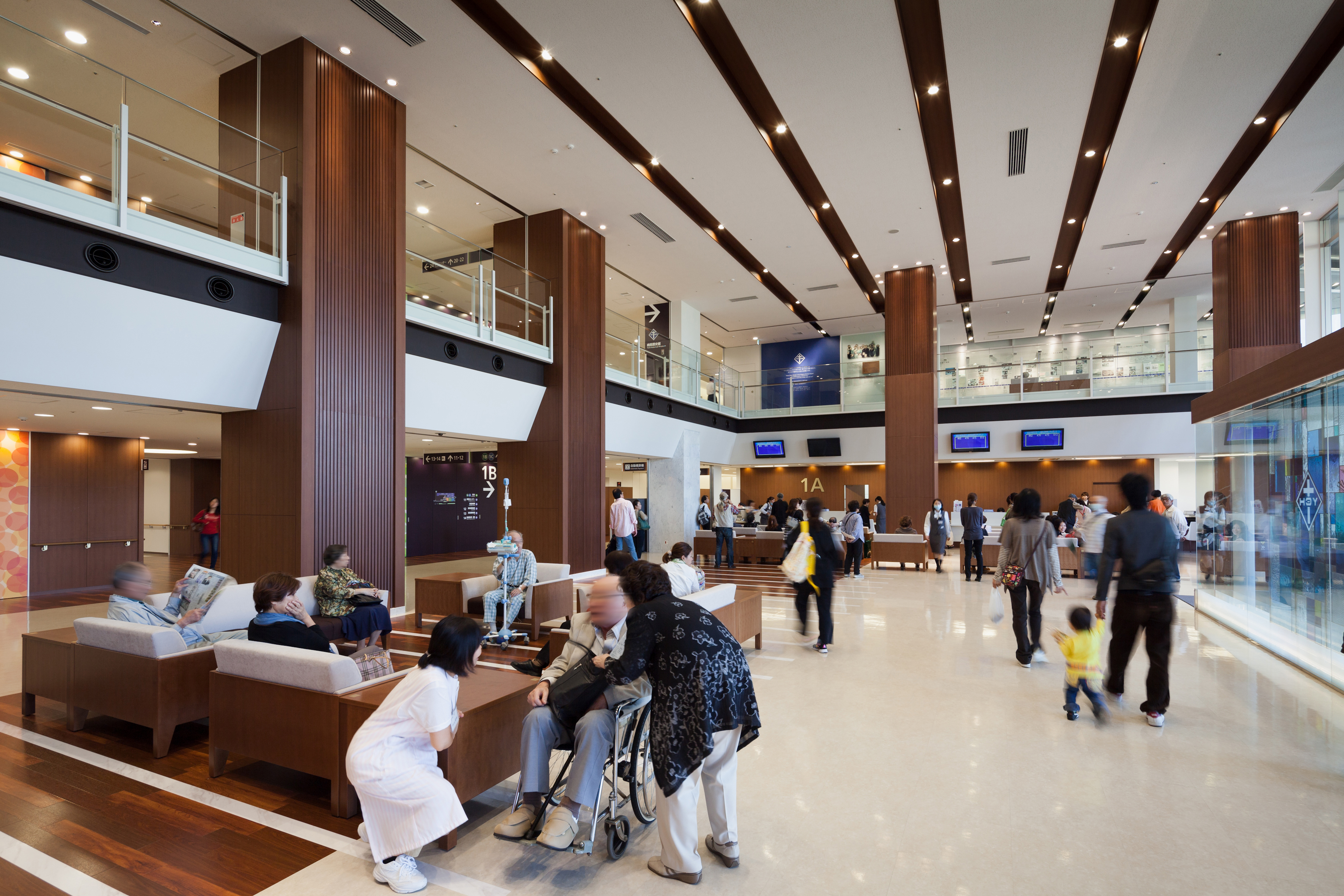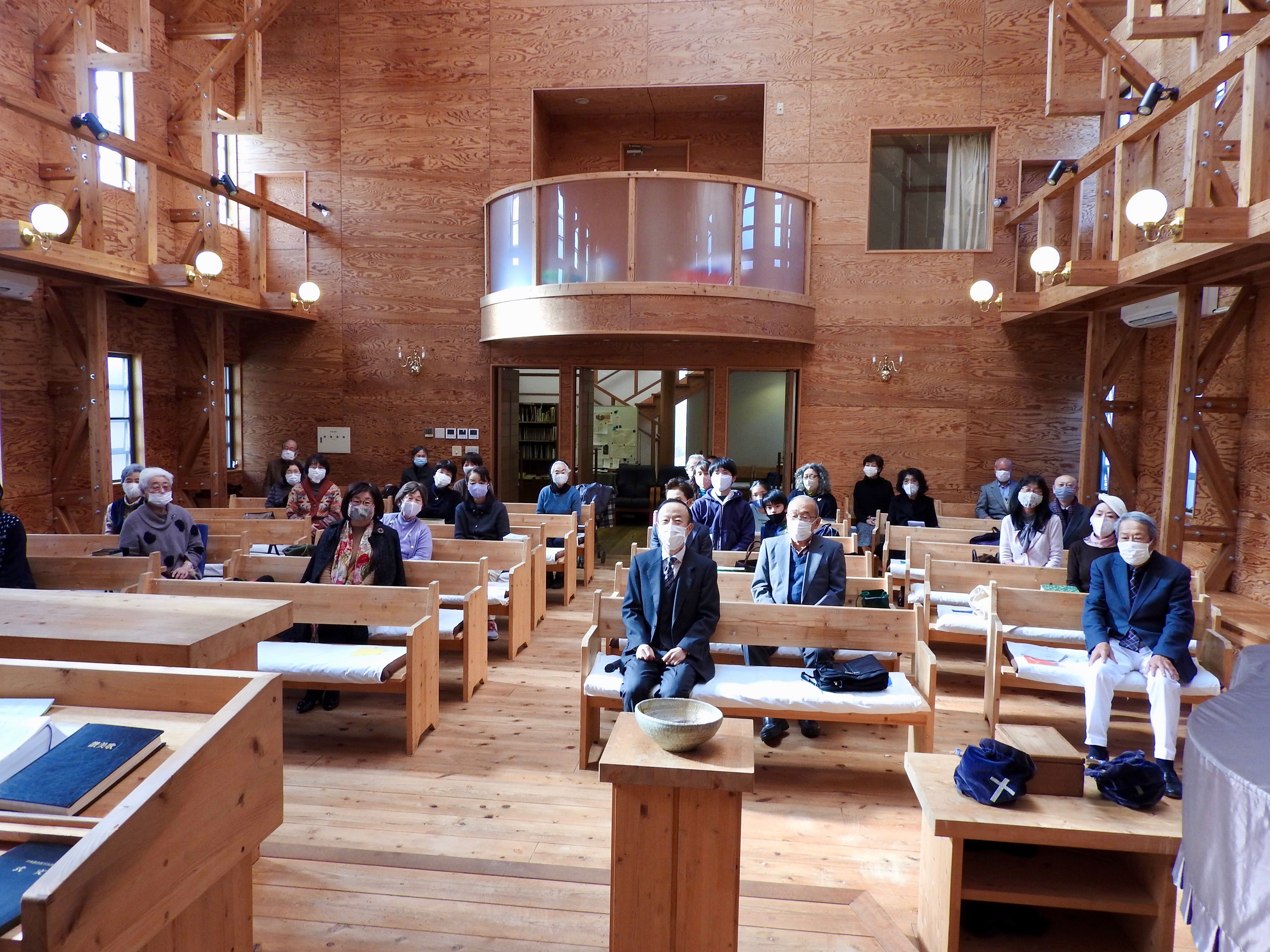A Letter from Bill and Ann Moore, serving in Japan
Winter 2021
Write to Bill Moore
Write to Ann Moore
Individuals: Give online to E200388 for Bill and Ann Moore’s sending and support
Congregations: Give to D504894 for Bill and Ann Moore’s sending and support
Churches are asked to send donations through your congregation’s normal receiving site (this is usually your presbytery)
Subscribe to our co-worker letters
Dear friends,
When we are not visiting other congregations in Japan related to partner denominations of the Presbyterian Church (U.S.A.), our church home is the Ashia Reformed Church, a short drive from our apartment in Kobe. It is a very warm and welcoming congregation, and over the years, we have enjoyed getting to know its members. Our elder son and daughter were both married there, and when necessary, Bill fills the pulpit, so we consider it to be our home church.
It has been fascinating to see how the congregation has adjusted to life with the Coronavirus. Instead of offering worship services over the internet or closing down, the congregation has taken other measures to keep the virus at bay. When you enter the church, the first thing you see is a hand sanitizer dispenser, which we all use. The pews are marked so that proper distancing is observed. The hymns are not sung; instead, only one verse is softly hummed to mitigate air-borne virus transmission. At first, humming seemed a very strange thing to do, but now, it is practiced with finesse. In addition, social distancing is observed, and monthly communal meals have been suspended.
However, at this time, perhaps the most effective protection of others and one’s self from the air-borne virus is wearing a mask. Presently in Japan, this is done not only in the churches but universally whenever anyone leaves their home. Interestingly enough, it is hard to find anyone over twelve years old, not wearing a mask in public.
In Japan, the practice of wearing a mask to protect one’s health and the health of others goes back over 100 years. First used by mine workers to protect themselves from dust, masks became a must for evading and stopping the spread of disease. They have been used to good effect, especially during the Spanish flu pandemic of 1918 and the SARS epidemic of 2002.The government has very little legal authority to mandate mask-wearing, enforce quarantines, and regulate domestic travel. Authorities and experts make their recommendations and ask the people to please follow them for the good of all. A very high percentage of people accept their advice, and many lives are saved.
Japan Mission, in mission partnership with the Presbyterian Church (U.S.A.), operates Yodogawa Christian Hospital (YCH) that was established 66 years ago in an under-served area of Osaka. Presbyterian Women in the U.S. generously provided the seed money for building the original facilities. YCH has now grown into a large general hospital with an excellent reputation and world-class facilities. We are not hesitant to say that we admit COVID patients and expect to be treating them until the pandemic is over.
“Whole Person Healing” is the motto and mission of Yodogawa Christian Hospital. This is defined as “A medical ministry in Christ’s love, serving the patient as a total unity of body, mind and soul.” Japan Mission has established a church located close to YCH that serves the spiritual needs of people in the community as well as former patients and their families who have come to faith through the witness of YCH.
We are blessed to be present in Japan during these trying times because we witness the greater faith of others, which sustains our faith. We are also encouraged and sustained by you, our supporters, who make our work possible through your prayers and gifts.
In Christ,
Ann and Bill Moore
![]() You may freely reuse and distribute this article in its entirety for non-commercial purposes in any medium. Please include author attribution, photography credits, and a link to the original article. This work is licensed under a Creative Commons Attribution-NonCommercial-NoDeratives 4.0 International License.
You may freely reuse and distribute this article in its entirety for non-commercial purposes in any medium. Please include author attribution, photography credits, and a link to the original article. This work is licensed under a Creative Commons Attribution-NonCommercial-NoDeratives 4.0 International License.


